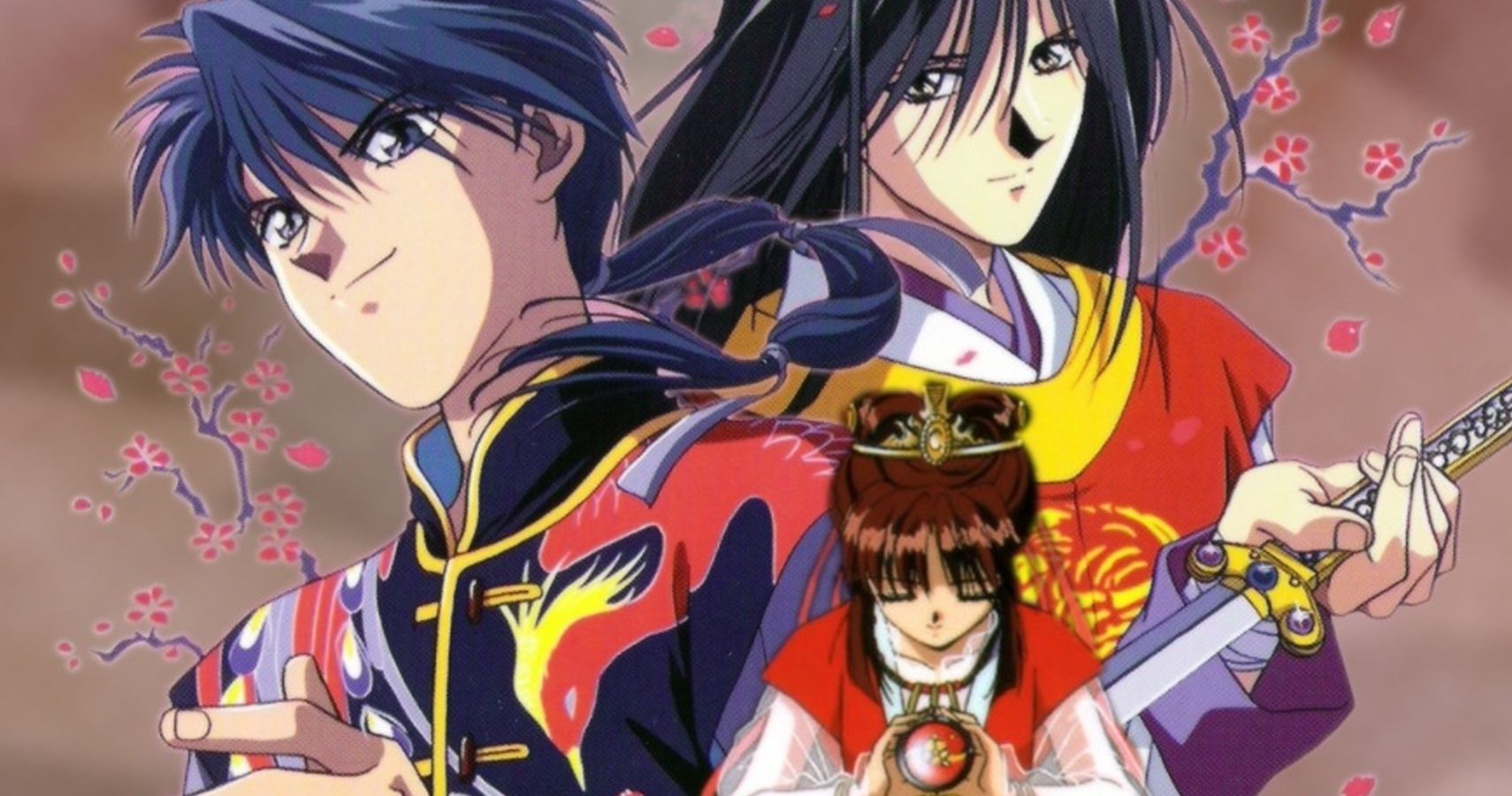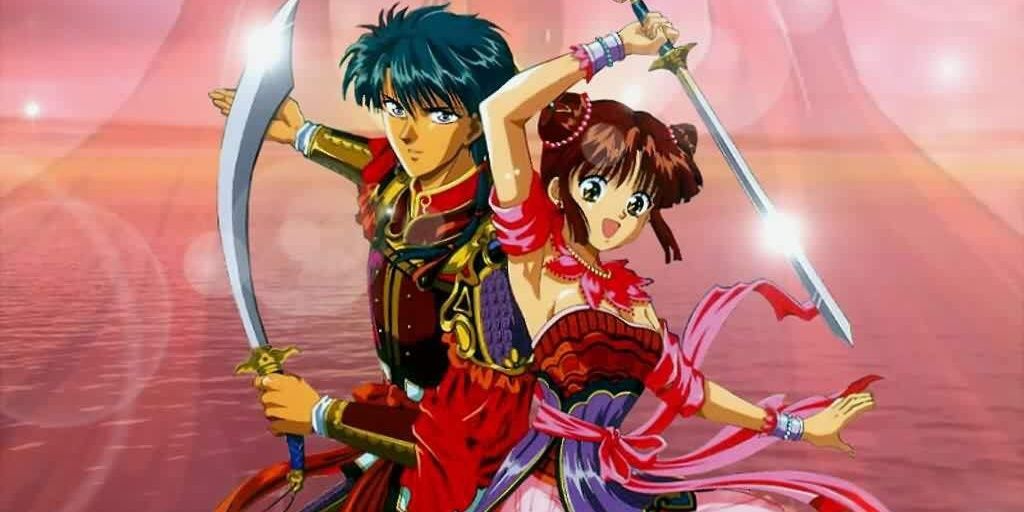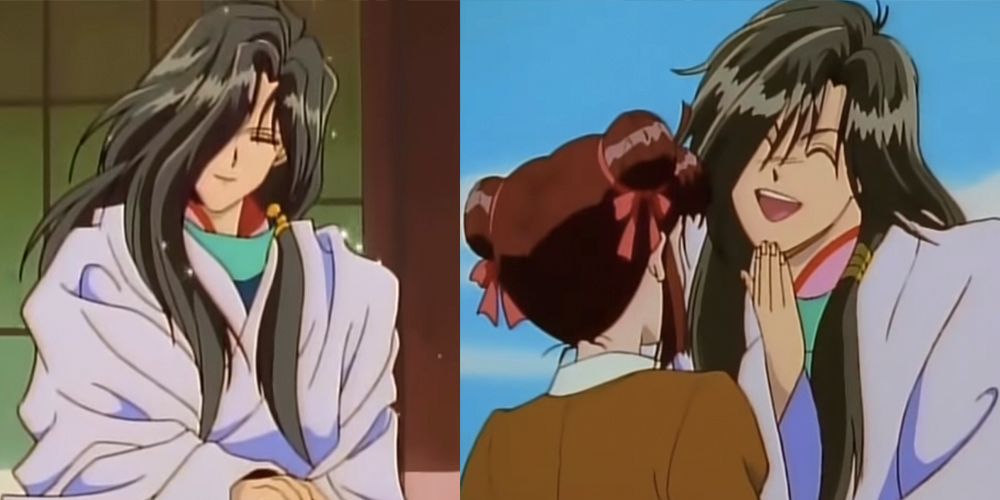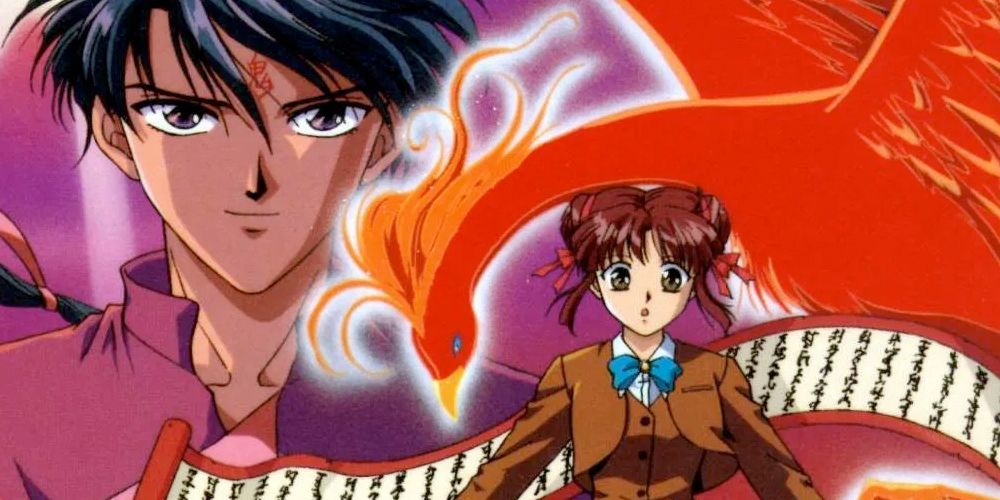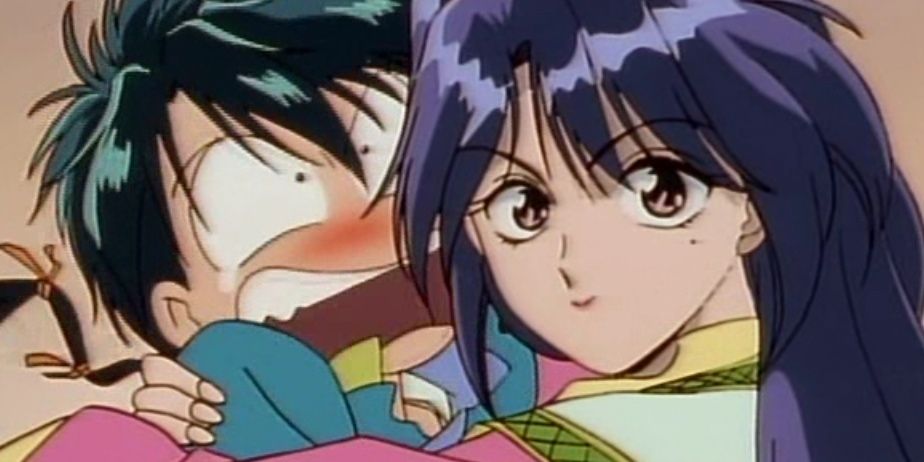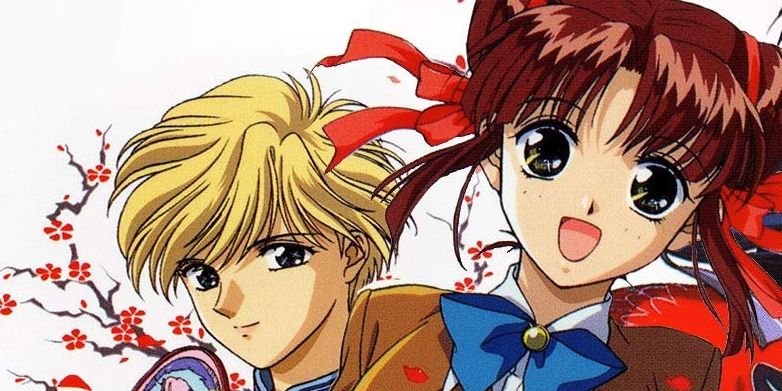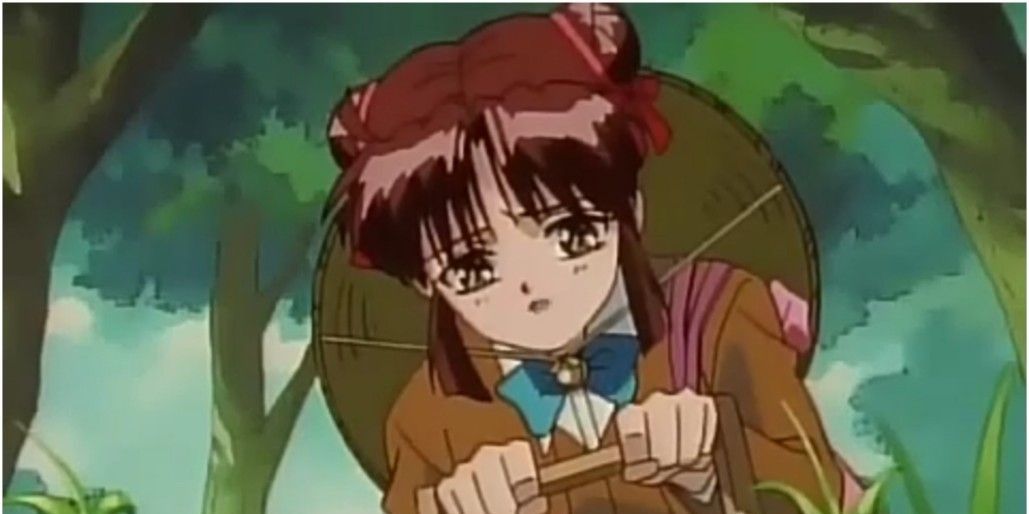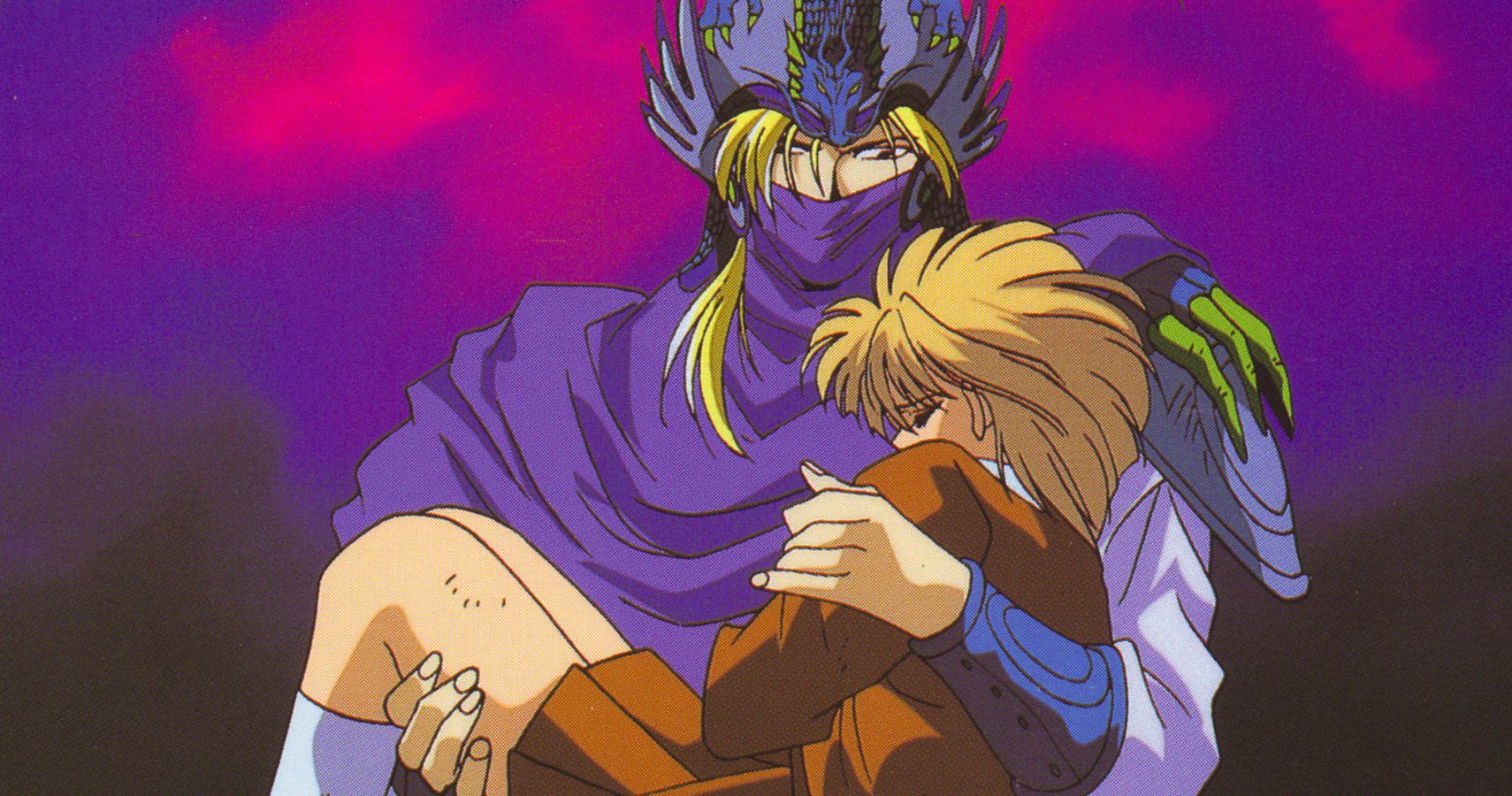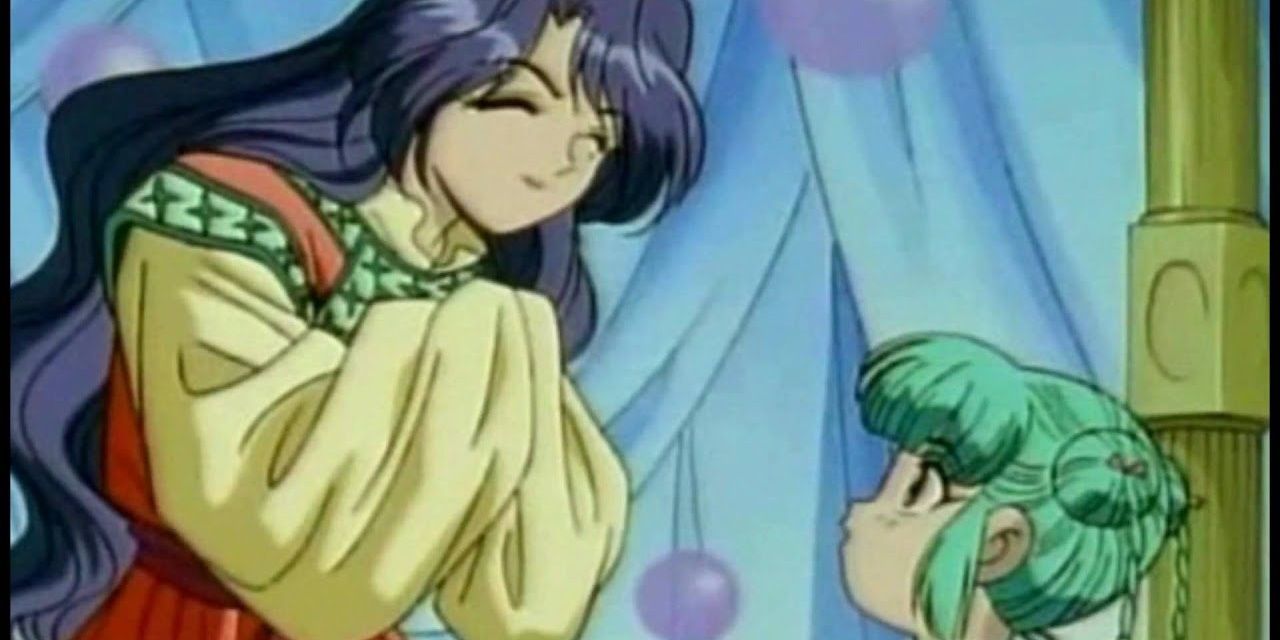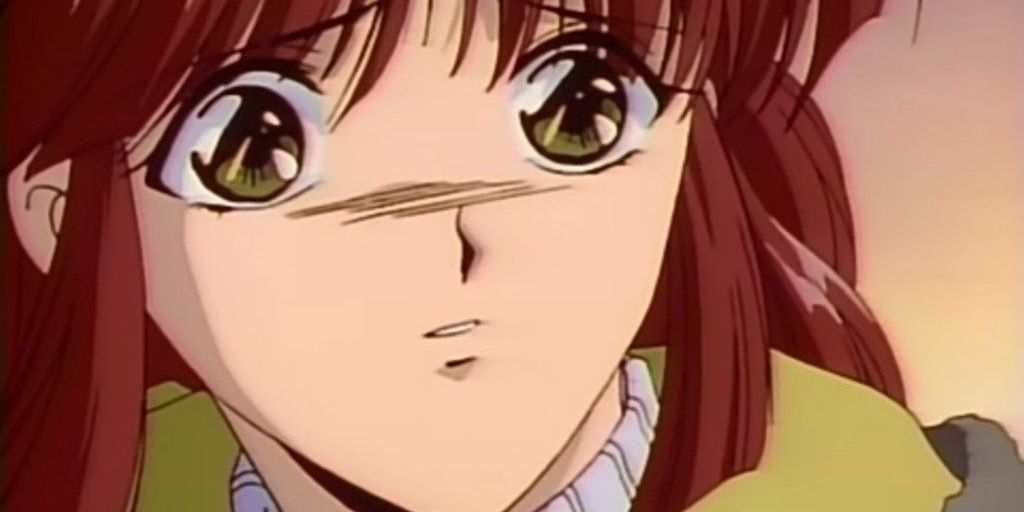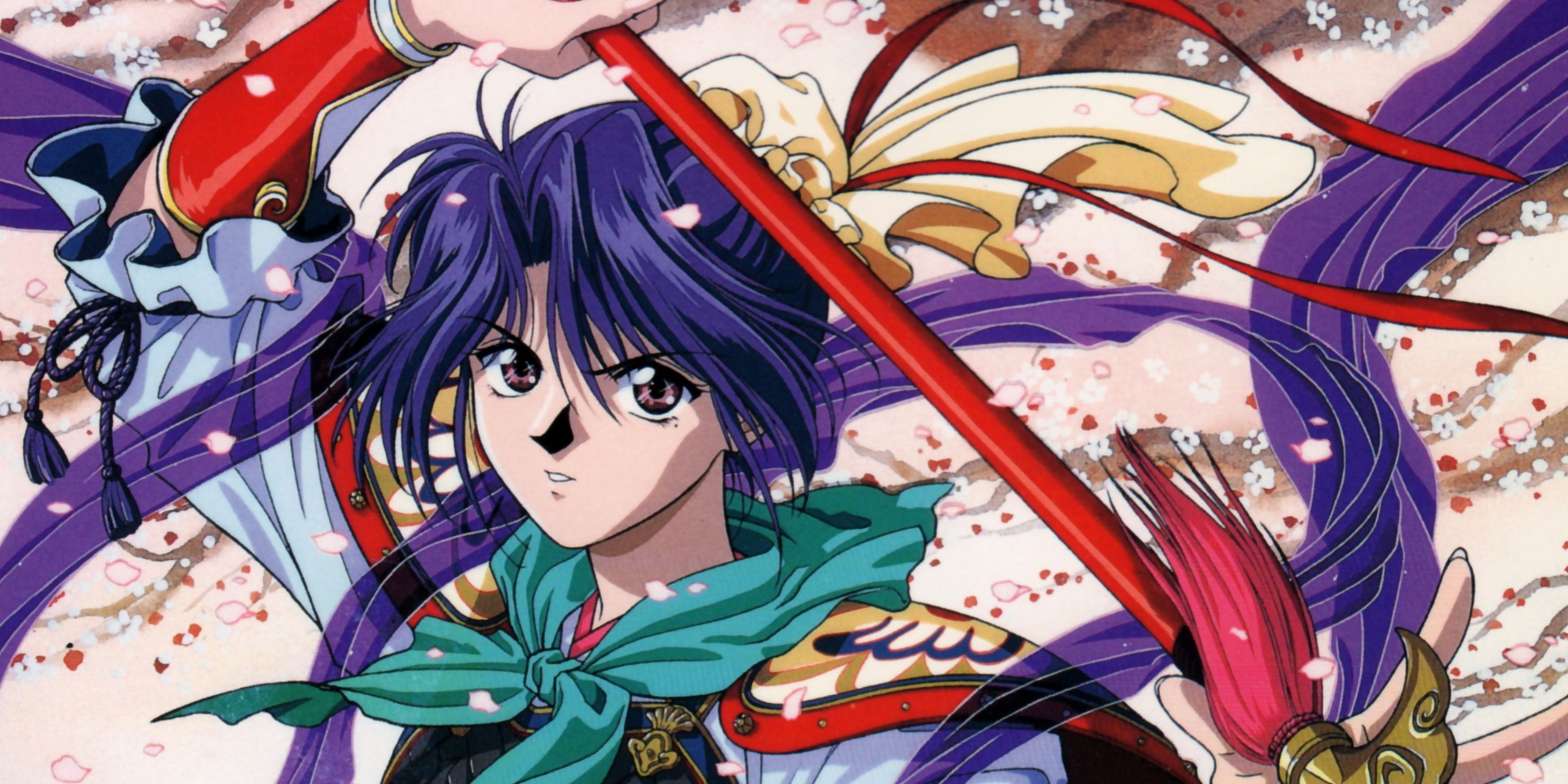Fushigi Yuugi is one of our favorite shojo anime of the 90s. With its magical girl focus, great jokes, and relatable characters, the series has held up in remarkable ways.
But as with all series that have been around for a while, there are also moments that make us wince and haven’t held up well at all on revisits. With issues about gender, sexuality, and even weird depictions of people of other races, there are a lot of elements that wouldn’t fly if the series was created today. Here are 10 examples of things that didn’t age well in Fushigi Yuugi.
10 Suspicious Depictions of Chinese People
Fushigi Yuugi takes place primarily in an ancient Chinese city. For the most part, that means that the food and clothes seem more Chinese in origin, but the Chinese main characters don’t seem all that different from the Japanese main characters in attitude or appearance. But the characters in backgrounds or who appear in just one scene sometimes feel a little suspicious.
Pretty much everyone Miaka meets is in some way a villain, and the villagers, even the ones who aren’t out to get her, are often pretty ugly. It’s an odd look when we think about the difficult past between China and Japan.
9 Gender Identity Depictions
There are two main characters, Hotohori and Nuriko, who play with gender expression in the series. Hotohori identifies as a man but is often dressed in a more traditionally feminine way and has a fixation on his own beauty. Nuriko identifies as a woman but is often misgendered by the characters around her.
She also is encouraged to dress in a more boyish manner by being told how cool she looks whenever she’s wearing masculine clothes. Mangaka Yuu Watase came out as x-gender in 2019, so it’s possible that these were just their ways of including explorations of gender identity as well as they could in a comic in the ’90s, but the depictions haven’t aged very well.
8 Miaka is Always Being Caught Naked
The trope of the main protagonist of a shojo series being caught naked (usually in a bath situation) by the boy she likes is a far-reaching one that still appears in anime today. As is the case with many of them, the girls are underage, and Miaka is no different.
At 15 years old, Miaka is not a character we should be sexualizing by thinking about her naked, even for the silly joke of getting caught in a bath so she can scream and throw things at the boy to get him to go away. This is a trope we'd probably do well to stop using.
7 Nuriko Forcing Tamahome to Be Intimate with Her
This one is an issue on a few levels. Nuriko, as one of the Suzaku Seven, has superhuman strength, giving her an advantage in any physical situation. So when she sets her sight on Tamahome, he doesn’t actually have a choice but to spend time with her, especially when she actually ties him up to hold him captive.
This is extra suspect considering her gender identity, which makes it seem like she’s tricking men into being with her by hiding “the truth” about herself, a problematic stereotype of trans women.
6 Girls Fighting Over A Boy
We’re all pretty tired of the main conflict between girls in any media being that they both like the same boy. So Miaka and Nuriko having a contentious relationship first over Miaka’s jealousy over Nuriko spending time with Tamahome and then over Hotohiro declaring his love for Miaka when Nuriko is interested in him is boring and old-fashioned.
Of course, the really frustrating one is Yui’s obsession with Tamahome, who she met just once, being enough to come between her and Miaka, two girls who have been friends their entire lives.
5 Miaka is Always in Trouble
Miaka is the heroine of our story, and we see that she’s pretty capable in a lot of ways. In the very first episode, we see her use wrestling moves to take out most members of a gang trying to kidnap her. Later on, we see various ways she uses her cleverness to get out of sticky situations.
But more often than not, she is in danger, or sick, or injured, and she needs the help of Tamahome or one of the other boys to get her out of the mess. It’s a frustrating back and forth of wanting her to be strong and capable and having the series tell us she’s actually kind of bad at everything.
4 The Rape Scenes
There is more than one occasion in the series when we see Miaka getting attacked by men who seem to have the intention of raping her. She’s always rescued right before it can go too far, but Yui isn’t so lucky, and while we don’t see the act explicitly, it’s pretty clear what’s happening.
While the discussion of sexual assault is one that’s valid and shouldn’t be completely off the table, the onscreen depiction in a series intended for a younger audience is uncomfortable and is probably a choice that wouldn’t get made in the same way today.
3 Gender Expression Being Seen as a Perversion
When the team goes to the mountain in order to try to get Miaka home, their wounds, all of which are pretty severe, are treated by small nymphs or fairies that look like cute little girls with pigtails.
Nuriko is the only person who isn’t injured at this point, and she’s recently been outed to her friends by Miaka’s evil reflection. One of the nymphs offers to heal her too, and when Nuriko clarifies that she’s not injured, the little girl says, “I’ll fix your perversion.” The implication that her gender expression is the sign of an illness is an issue, and nowadays, it feels like a very outdated idea.
2 Miaka is Blamed Every Time She Gets Hurt
As we noted above, Miaka is constantly getting hurt or in trouble. Part of this is because of the nature of her identity as the Priestess of Suzaku, as she naturally has enemies that don’t want her to complete her mission of assembling the Suzaku Seven.
Despite the fact that she didn’t choose this destiny, any time she gets hurt or in trouble, her companions complain about her being a pain or not being careful enough. Even when she leaves the group in order to spare them the danger of being around her, they treat her as if she’s made a selfish decision specifically to put them out.
1 So Many Jokes about Being Gay
It feels like a recurring theme in the series that the characters are constantly mocked for their gender identities and sexual orientations. Nuriko, in particular, ends up the butt of most of these jokes, since she’s the most overtly queer character on the show. As soon as she’s outed as being “a man,” all of the characters make sure to constantly quip about her being gay.
Tamahome introduces her to his family as “some gay guy.” After Nuriko tells him he’s weird, Chichiri tells her, “It’s better to be weird than to be gay.” The jokes get old fast and leave an unpleasant taste in our mouths. They definitely wouldn’t fly today.

